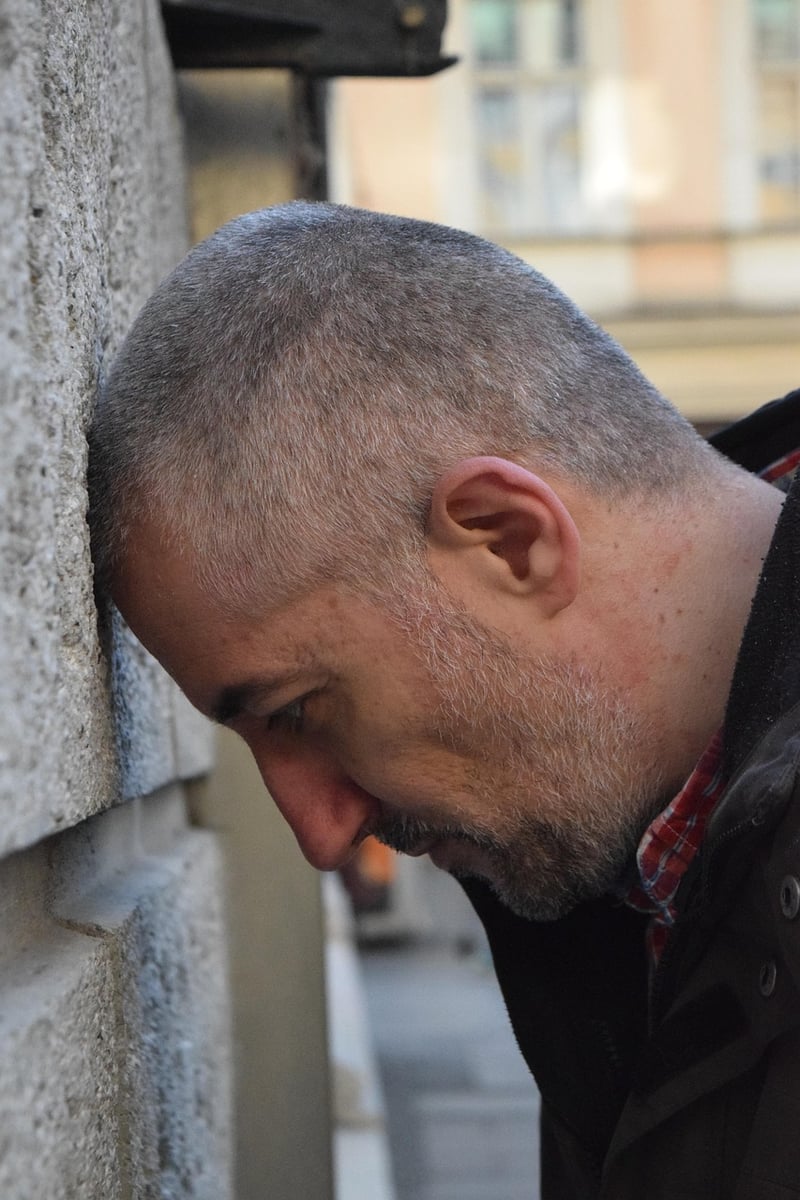Causality Dilemmas
Unravel Time Conundrums & Causality Dilemmas
Time, an enigmatic force that governs our reality, has long been a subject of fascination and contemplation. From ancient philosophers to modern physicists, the nature of time has puzzled and intrigued minds across the ages. In this article, we delve into the complexities of time conundrums and causality dilemmas, exploring the intricate web of cause and effect that shapes our universe.
The Arrow of Time
One of the most fundamental aspects of time is the concept of the arrow of time. Time, as we perceive it, moves in a single direction, from past to present to future. This unidirectional flow of time is deeply ingrained in our understanding of the world and underlies the principle of causality.
Causality and Determinism
Causality is the principle that every event is caused by preceding events and, in turn, causes subsequent events. This chain of cause and effect forms the basis of determinism, the idea that the future is predetermined by the present and past. However, the concept of free will introduces a layer of complexity to this deterministic view, raising questions about the nature of choice and agency in a causal universe.
Time Travel Paradoxes
The notion of time travel, a popular trope in science fiction, gives rise to a host of paradoxes and conundrums. The grandfather paradox, for instance, postulates what would happen if a time traveler were to go back in time and prevent their grandfather from meeting their grandmother, thus preventing their own birth. Such paradoxes challenge our understanding of causality and the consistency of the timeline.
Quantum Mechanics and Time
Quantum mechanics, the branch of physics that governs the behavior of subatomic particles, introduces further complexity to our understanding of time. Concepts such as superposition and entanglement suggest a non-linear view of time, where events may not unfold in a fixed sequence. Quantum entanglement, in particular, hints at a form of instantaneous communication that defies traditional notions of causality.
Conclusion
Time conundrums and causality dilemmas continue to captivate scientists, philosophers, and storytellers alike, prompting us to question the very nature of reality and our place within it. As we unravel the mysteries of time, we are confronted with profound philosophical inquiries that challenge our assumptions and expand our horizons.

Explore the depths of time and causality, and dare to venture into the realms of the unknown where paradoxes abound and mysteries await.
For further reading on this intriguing topic, check out Scientific American's article on the illusion of time.
